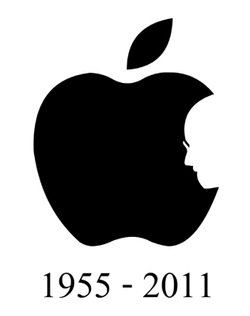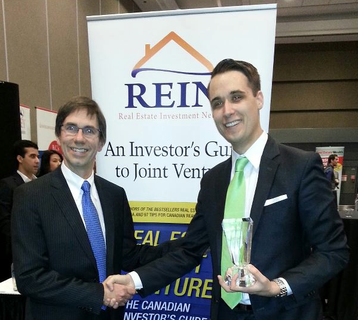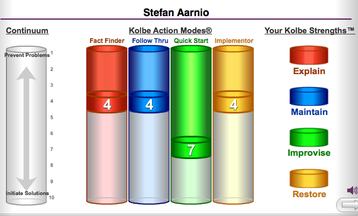
In the old days it was good enough to be competent. People wanted quality, they wanted skill, they and they wanted experience. It was good enough to go to school, get a diploma and get a good job until you turn 65 and retire. Life was simple and easy.
If you were competent and qualified, you were guaranteed a place on the assembly line at the factory and you would make a very nice living.
However, the days of competency are gone.
The proliferation of the internet and social media has changed the way we see the world and competency is no longer good enough. We must not just communicate in the new economy, we must connect.
Consumers, business partners, investors, fans, clients, and customers are all bombarded with competency every day. There are millions of quality products, there are thousands of people with integrity to buy from. Honesty is no longer good enough. What our customers are looking for these days is connection.
Our customers not only want to buy from us, but they want to connect with us.
Social media has become a game-changer in the last 10 years where consumers can instantly connect with other consumers to exchange information about another person, product or service. Likewise, these same consumers are not only looking to purchase from their favourite brands, they expect to connect and interact with them online.
Communication has become a two way street where consumers are now able to communicate with their favourite brands and service providers and expect to get real time communication back. There is a global, online, real time conversation happening 24 hours a day, 7 days a week. The question is, what are your customers saying about you? And how are you connecting with them?
Your customers are expecting to connect, how are you able to connect to start a conversation?
In my own business, I have chosen the following 3 channels to connect and interact:
- Facebook: One of the world's leading social media sites, I provide relevant, valuable and original content to my fans and customers regularly through this media channel. I also look to share anything they may find valuable that comes across my feed. My business growth has exploded through Facebook and I find it be an extremely valuable tool for connecting with customers and fans.
- YouTube: Youtube is quickly becoming one of the most powerful search engines in the world. The younger online generation is bypassing Google all together and is searching only on Youtube. I am making video and youtube a priority in my business by video taping every deal I do and putting it online. Your youtube channel is your mini television network and your fans and customers are waiting to hear from you and give feedback.
- Linked-In: Linked-in is the online “professional” community designed for professionals to connect. I have used linked-in mostly for a branding tool and a tool to collect endorsements and testimonials. The days of a paper resumé are gone and many potential partners or employers will google you and look at your linked-in instead. In my business I use linked-in less as a connection tool and more as an online resumé or track record. Your linked in profile is very powerful, even though it may or may not have the same traffic as Facebook or other popular social media platforms.




 RSS Feed
RSS Feed

